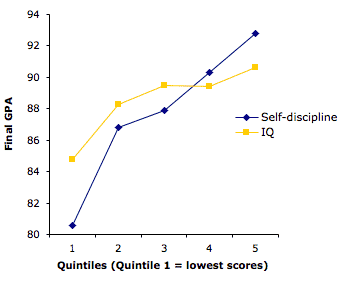Estimulação Magnética Pode Alterar Decisões Econômicas
Este trabalho, recentemente publicado na revista Science, mostra que a redução da atividade da região do córtex pré-frontal dorso-lateral direito resulta numa dificuldade em rejeitar propostas injustas de divisão de dinheiro no jogo Ultimatum:
Science. 2006 Oct 5; [Epub ahead of print]
Diminishing Reciprocal Fairness by Disrupting the Right Prefrontal Cortex.* Knoch D,
* Pascual-Leone A,
* Meyer K,
* Treyer V,
* Fehr E.Institute for Empirical Research in Economics, University of Zurich, Blumlisalpstrasse 10, 8006 Zurich, Switzerland; Department of Neurology, University Hospital Zurich, Switzerland; Collegium Helveticum, Schmelzbergstrasse 25, 8092 Zurich, Switzerland.
Humans restrain self-interest with moral and social values. They are the only species known to exhibit reciprocal fairness, which implies the punishment of other individuals' unfair behaviors, even if it hurts the punisher's economic self-interest. Reciprocal fairness has been demonstrated in the Ultimatum Game, where players often reject their bargaining partner's unfair offers. Despite progress in recent years, however, little is known about how the human brain limits the impact of selfish motives and implements fair behavior. Here we show that disruption of the right, but not the left, dorsolateral prefrontal cortex (DLPFC) by low-frequency repetitive transcranial magnetic stimulation (rTMS) substantially reduces subjects' willingness to reject their partners' intentionally unfair offers, which suggests that subjects are less able to resist the economic temptation to accept these offers. Importantly, however, subjects still judge such offers as very unfair, which indicates that the right DLPFC plays a key role in the implementation of fairness-related behaviors.








 A hipomania é um dos componentes da ciclotimia, uma condição psiquiátrica caracterizada por flutuações do humor. A hipomania é um estado difuso de bem estar e sensação de energia mais elevada que a média. Nessa fase um paciente não procura um médico pois sente-se muito bem e feliz.
A hipomania é um dos componentes da ciclotimia, uma condição psiquiátrica caracterizada por flutuações do humor. A hipomania é um estado difuso de bem estar e sensação de energia mais elevada que a média. Nessa fase um paciente não procura um médico pois sente-se muito bem e feliz.